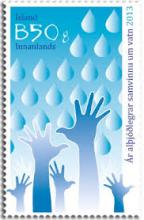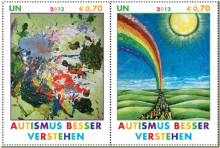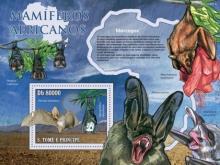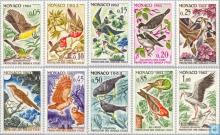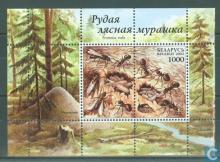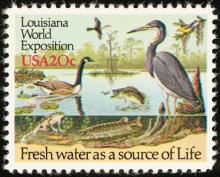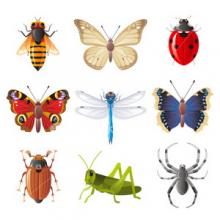Water Hazard: Aquatic Contamination by Neonicotinoid Insecticides in the United States
Center for Food Safety's (CFS) report, “Water Hazard: Aquatic Contamination by Neonicotinoid Insecticides in the United States,” shows widespread water contamination with neonicotinoid insecticides and threatening a range of aquatic invertebrates including crabs and insects. In particular, the report draws attention to the use of neonicotinoid seed coatings, up to 95 percent of which ends up in the environment, not the crop. Neonicotinoids are a class of insecticide known to have acute and chronic effects on honey bees and other pollinator species and are considered a major factor in overall bee population declines and poor health. The report examines representative case studies from Maryland, Iowa, and California, each of which is experiencing widespread neonicotinoid contamination exceeding recommended standards as determined by leading experts in aquatic species toxicology. The report also highlights contamination elsewhere, including New York, South Dakota, Texas, and Wisconsin. It describes the key roles of irrigation and field drainage and discusses the growing risks to aquifers, vulnerable wetlands and the valuable wildlife inhabiting those areas, such as migratory birds and sport fish.

